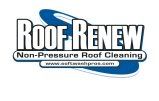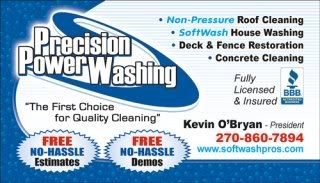The Roof Cleaning Institute Of America Training & Certification Forum
"Find A Certified Roof Cleaner Directory"
"Find A Certified Roof Cleaner Directory"
|
|
||



|





